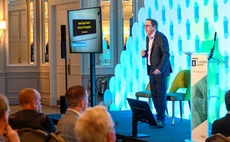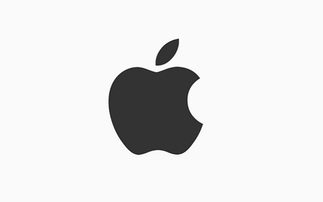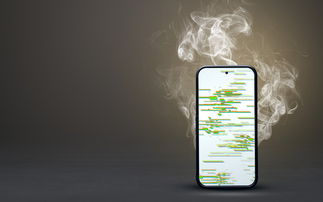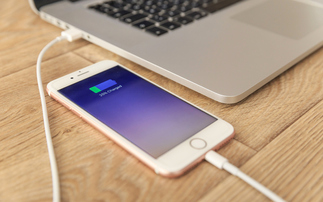Cook talks shop after five years at the top
Apple CEO Tim Cook has opened up on several core issues surrounding the company as he marks five years as chief executive since Steve Jobs passed away. Speaking to the Washington Post, Cook cove...
To continue reading this article...
Join Computing
- Unlimited access to real-time news, analysis and opinion from the technology industry
- Receive important and breaking news in our daily newsletter
- Be the first to hear about our events and awards programmes
- Join live member only interviews with IT leaders at the ‘IT Lounge’; your chance to ask your burning tech questions and have them answered
- Access to the Computing Delta hub providing market intelligence and research
- Receive our members-only newsletter with exclusive opinion pieces from senior IT Leaders






















